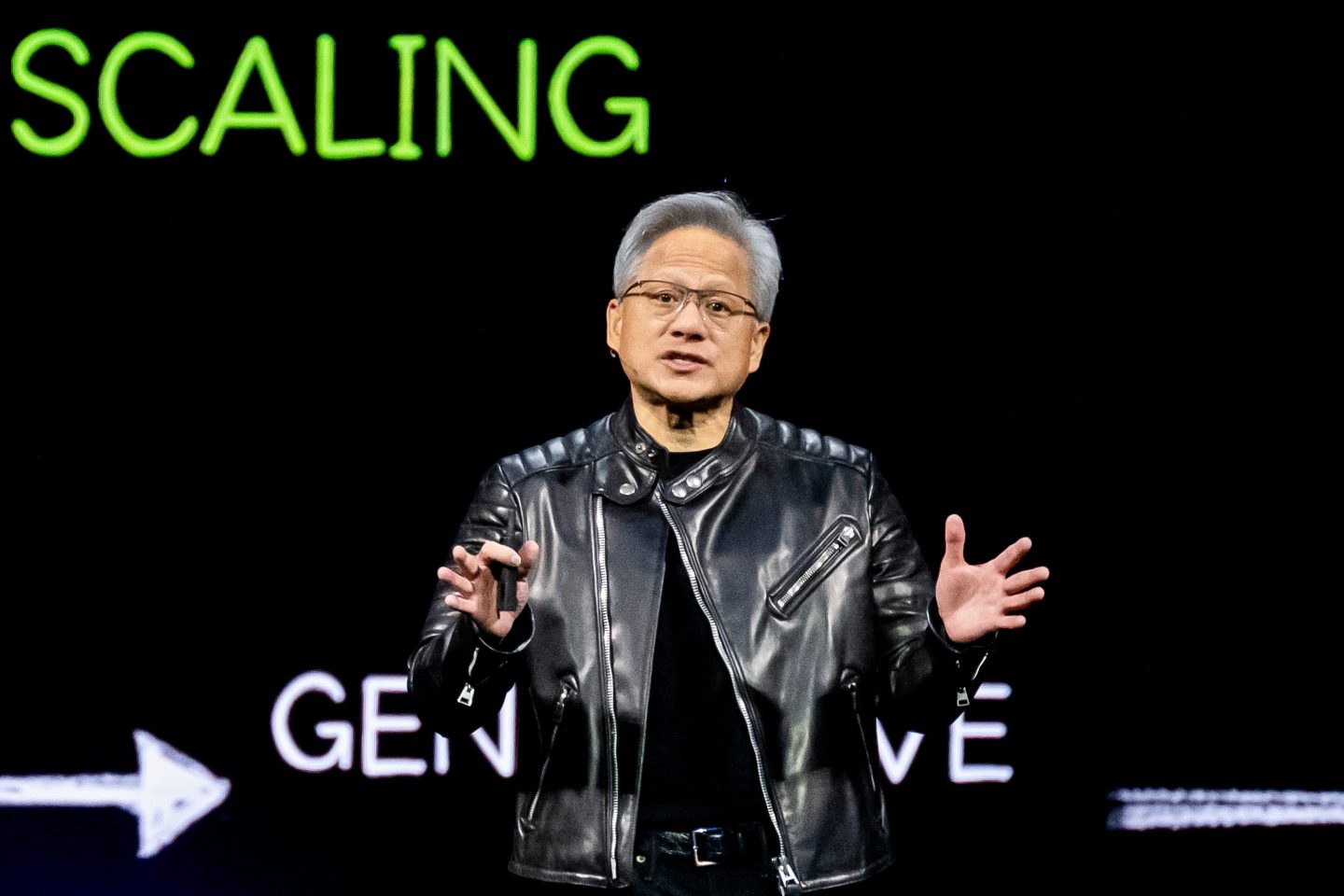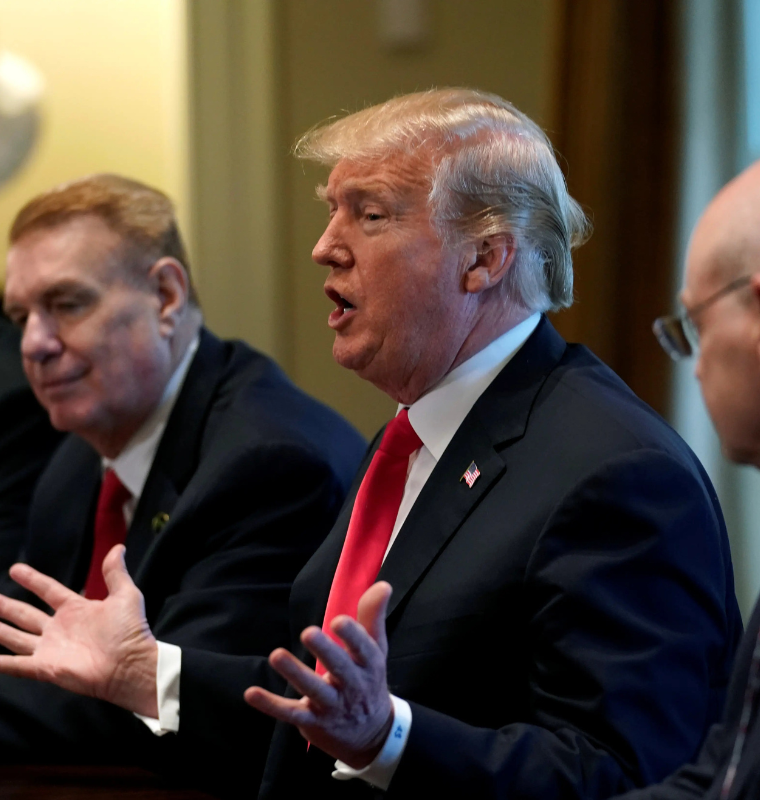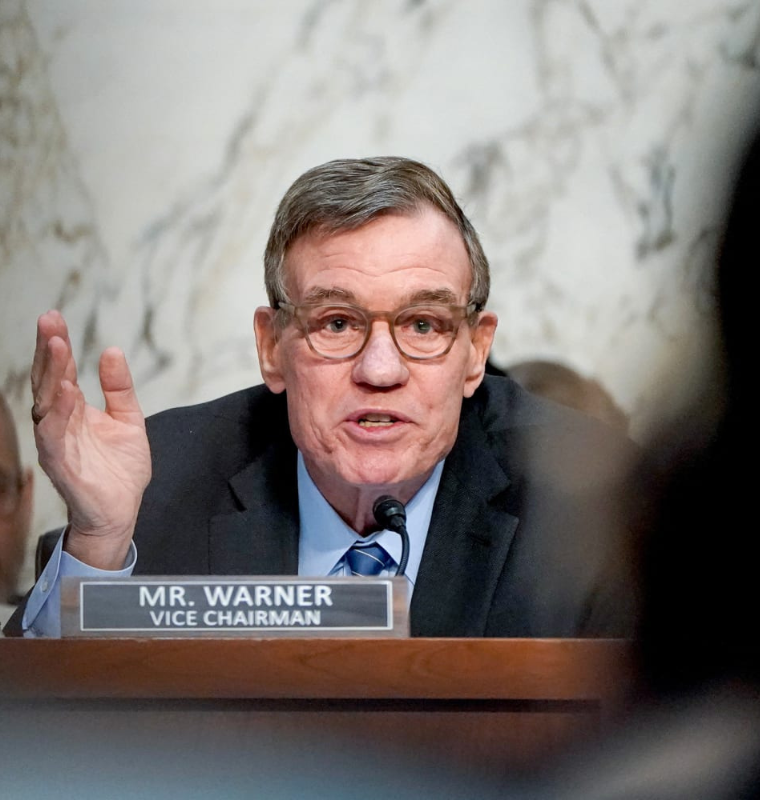Nvidia CEO Jensen Huang Sells $12.94 Million More in Stock as AI Boom Powers Company Growth
Nvidia CEO Jensen Huang Sells $12.94 Million More in Stock as AI Boom Powers Company Growth
By
Calder Monroe
Last updated:
July 21, 2025
First Published:
August 6, 2025

Getty Images
Jensen Huang Continues Strategic Stock Sales Amid Nvidia's Unprecedented Rise
Nvidia CEO Jensen Huang has sold another 75,000 shares of the company, valued at approximately $12.94 million, according to a recent U.S. Securities and Exchange Commission (SEC) filing published Friday. This move is part of a pre-scheduled trading plan adopted in March 2025 that allows Huang to gradually sell up to 6 million shares of his Nvidia holdings.
This latest transaction follows an earlier sale earlier in the week, where Huang offloaded 225,000 shares, netting around $37 million. Together, the two sales bring his total divestment this month to over $50 million.
A Surge Fueled by AI Dominance
The sales come as Nvidia cements its dominance in the artificial intelligence sector. Riding a wave of insatiable demand for GPUs powering AI models, Nvidia's market capitalization recently crossed the $4 trillion mark — surpassing Microsoft and Apple to become the world’s most valuable publicly traded company.
This explosion in value has significantly boosted Huang’s net worth, making him one of the wealthiest tech executives globally, with a fortune now estimated to exceed $90 billion, according to Bloomberg Billionaires Index.
AI Expansion and U.S.-China Trade Dynamics
Huang’s share sales coincide with major international developments. Earlier this week, Nvidia announced plans to resume shipments of its H20 AI chips to China, after signals from the Trump administration that it would issue export licenses.
These H20 chips were custom-designed to comply with U.S. export regulations and have become a focal point in Nvidia’s strategy to retain access to the lucrative Chinese market. In early 2025, the U.S. had tightened restrictions on advanced semiconductor exports, prompting concerns over Nvidia’s ability to operate in China.
“The U.S. government has assured NVIDIA that licenses will be granted, and NVIDIA hopes to start deliveries soon,” the company stated on Tuesday.
At a news conference held in Beijing on Wednesday, Huang expressed optimism about Nvidia's future in China. He stated a long-term goal of selling even more advanced AI chips to the region, signaling confidence in navigating geopolitical headwinds.
Inside the Trading Plan
The March 2025 10b5-1 trading plan—a legal framework that allows company insiders to pre-schedule stock sales to avoid accusations of insider trading—lays out a gradual selloff of up to 6 million shares. With only 300,000 shares sold so far, Huang still holds the vast majority of his stake, underscoring that this is not a wholesale exit but a strategic financial move.
Financial analysts generally view insider sales through such plans as routine financial management, especially during periods of high valuation and low liquidity needs.
“Selling shares during market highs allows executives to diversify while still keeping a controlling interest,” said Samir Shah, a tech equity strategist at Bernstein Research.
Market Outlook: Is There More Upside?
Despite the stock’s meteoric rise—up more than 220% year-over-year—Wall Street remains bullish on Nvidia. Analysts at Morgan Stanley recently raised their price target to $160 per share, citing continued dominance in AI training infrastructure and cloud integration.
Meanwhile, institutional investors like BlackRock and Vanguard continue to increase their holdings, confident in Nvidia’s foundational role in the next wave of AI adoption.
Final Thoughts
As Jensen Huang executes his long-term financial strategy, Nvidia remains at the epicenter of the global AI revolution. With regulatory hurdles easing and demand for AI chips only accelerating, both investors and industry insiders are watching closely to see if this juggernaut can maintain its historic momentum through the second half of 2025.
Popular articles
Subscribe to unlock premium content
Disney’s Timeless Magic and How the Entertainment Giant Continues to Shape Culture and Innovation

Imran Khan’s Economic Missteps Amid Political Chaos in Pakistan

The Philippines’ Digital Shift How Remittances and BPO Are Fueling Growth

Disney’s Timeless Magic and How the Entertainment Giant Continues to Shape Culture and Innovation

Imran Khan’s Economic Missteps Amid Political Chaos in Pakistan

Disney’s Timeless Magic and How the Entertainment Giant Continues to Shape Culture and Innovation









